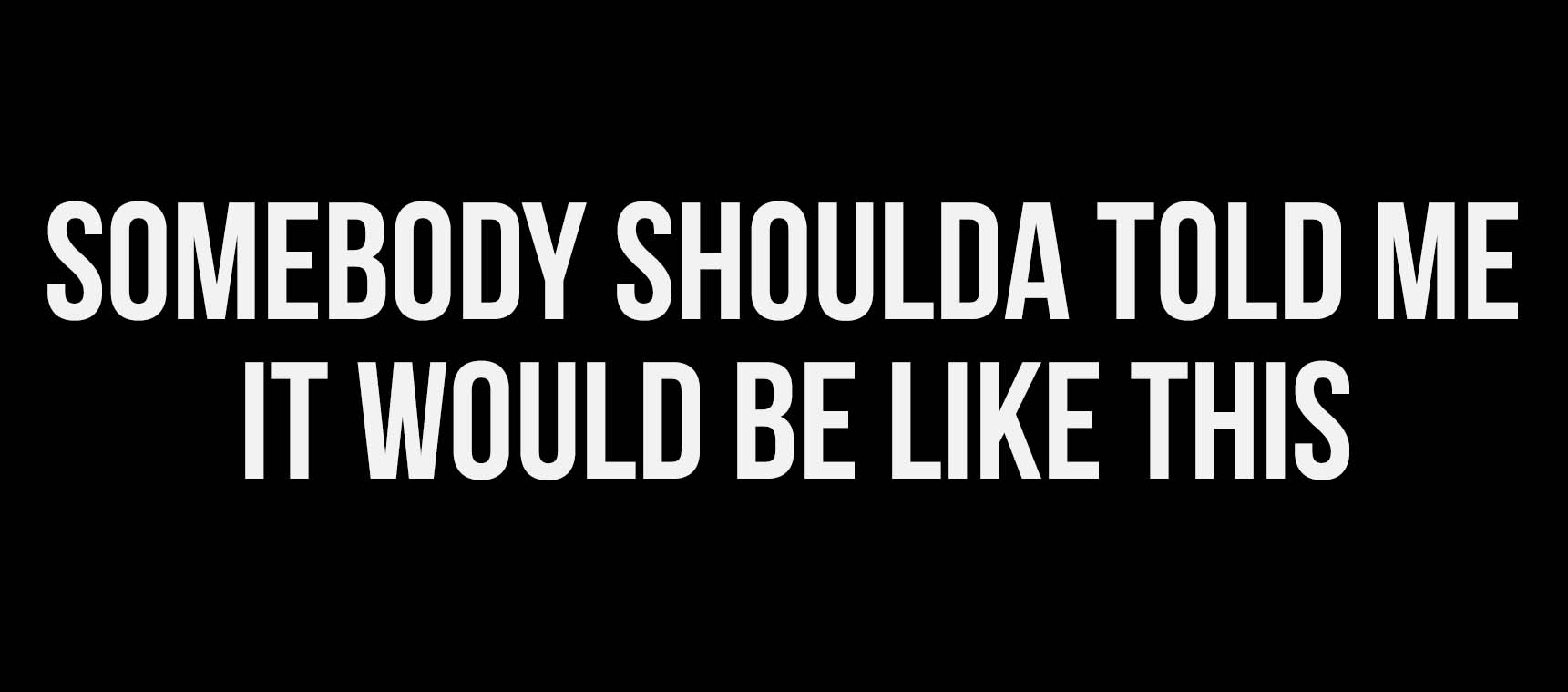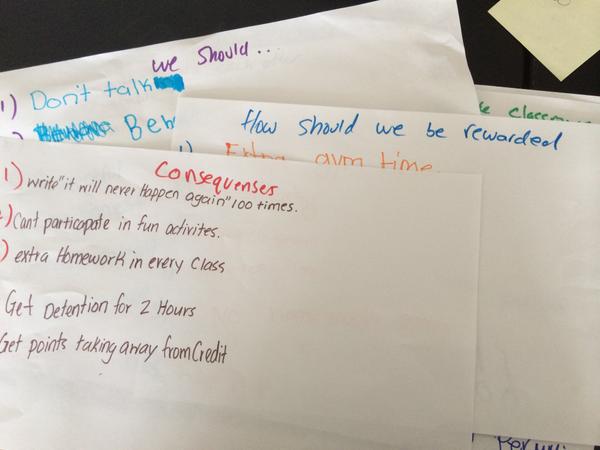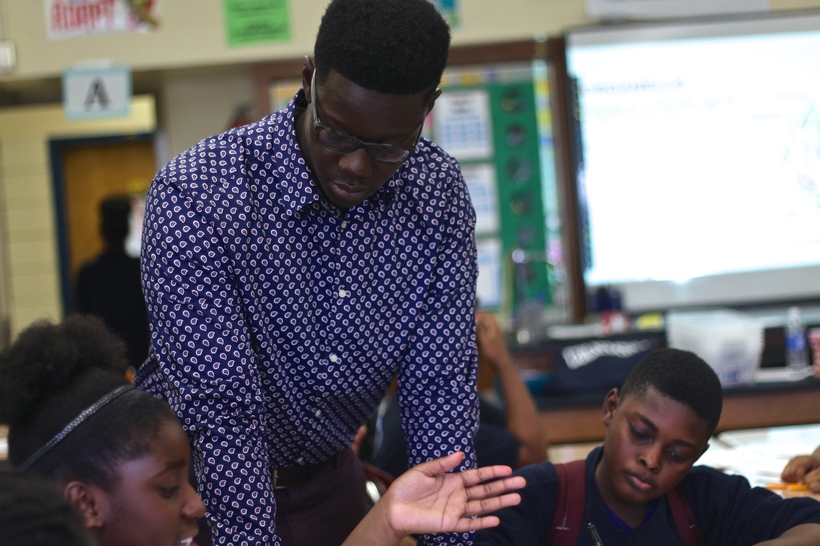Although I no longer have a basketball team to root for during the current NBA (National Basketball Association) Finals, due to the fact that I’m a New York Knicks fan, I can not ignore the recent NBA news and controversy surrounding Los Angles Clippers’ owner Donald Sterling. As an educator, an eternal student and an agent of change I believe every life experience, whether positive or negative, can be used as a learning tool to better our lives.
In April, a phone conversation between Donald Sterling and his girlfriend, V. Stiviano, was released to the public. During this recorded conversation, Sterling tells his girlfriend, Stiviano, who is half Black and Mexican, that he does not want her to bring Black people to his games, nor does he want her to post pictures with Black people on the popular social media outlet Instagram. Sterling is recording saying, “It bothers me a lot that you want to broadcast that you’re associating with black people…don’t come to my games. Don’t bring black people, and don’t come.” Later in the recording Sterling says, “I support them and give them food, and clothes, and cars, and houses. Who gives it to them? Does someone else give it to them?“ These blatantly racist comments from Sterling have not only cost him 2.5 million dollars in NBA fines, he is also now banned from the NBA and his comments will most likely will cost him ownership of the LA Clippers, as he is being pressured to sell and relinquish all responsibilities as owner.
Rightfully, as a very controversial headline, many notable individuals from Magic Johnson to top government officials including Secretary of State John Kerry and President Obama have weighed in and commented on the Donald Sterling scandal. Almost immediately after the Sterling recording was released Obama made comments during a trip to Malaysia stating, “When ignorant folks want to advertise their ignorance, you don’t really have to do anything, you just let them talk.” He then goes on to say, “The United States continues to wrestle with the legacy of race and slavery and segregation, that’s still there, the vestiges of discrimination.”
In my humble opinion, many Americans choose to believe that we are currently a part of a post-racial society, maybe due to the fact that we have a Black president or because Blacks and Whites use the same rest rooms. The truth of the matter is I am not surprised at Donald Sterling’s extremely racist comments, and neither are most of my Black friends and colleagues. These are comments that people of color experience frequently, whether it is presented verbally, as a gesture or even through bias criminal laws that target people of color.
In addition to President Obama’s comments, fellow NBA team owner of the Dallas Mavericks, Mark Cuban weighed in on the Sterling scandal in an interview with Inc. Magazine and argued that every single person is prejudice to a certain degree. Cuban states, “If I see a black kid in a hoodie and it’s late at night, I’m walking to the other side of the street,” he said. “And if on that side of the street, there’s a guy that has tattoos all over his face — white guy, bald head, tattoos everywhere — I’m walking back to the other side of the street.”
We can appreciate Mark Cuban for being brutally honest about his views and who he perceives as dangerous but, it is simply unacceptable to compare a Black kid in a hooded sweatshirt to a White male who he describes to my imagination could be a neo-nazi skinhead. This view of Black youth continues to contribute to narrative that Black youth can be criminalized and labeled as a threat simply because of their choice of attire. Further, the unwarranted murder of Trayvon Martin is still fresh in the minds of parents of Black youth and of Black youth who can very much so be the next Trayvon Martin. Mark Cuban did apologize to the Trayvon Martin family for his remarks, but did not extend his apology to people of the Black community, as I too am a black man who wears hoodies and who was offended by his comment.
Incidentally, the controversial Donald Sterling scandal can be used to the benefit of Americans across the country as it teaches us two clear lessons. One, we are currently not a part of a post-racial society, but productive conversations that are held around the country after a racial controversy like Donald Sterling’s allows people to have ‘the conversation’ about race and differences. And two, like Mark Cuban, admitting our prejudices, although offensive, is the first step to having a conversation about growing and ridding yourself of ignorant perspectives due to lack of experience or knowledge. The conversation of race and perceptive about individual’s differences will always be a challenging conversation, but it is a necessary one in order to learn and grow.
Photo: AlanCleaver/Flickr
– See more at: http://goodmenproject.com/featured-content/what-can-be-learned-from-donald-sterling-and-mark-cuban-kerj/#sthash.da1Jdc2P.dpuf







